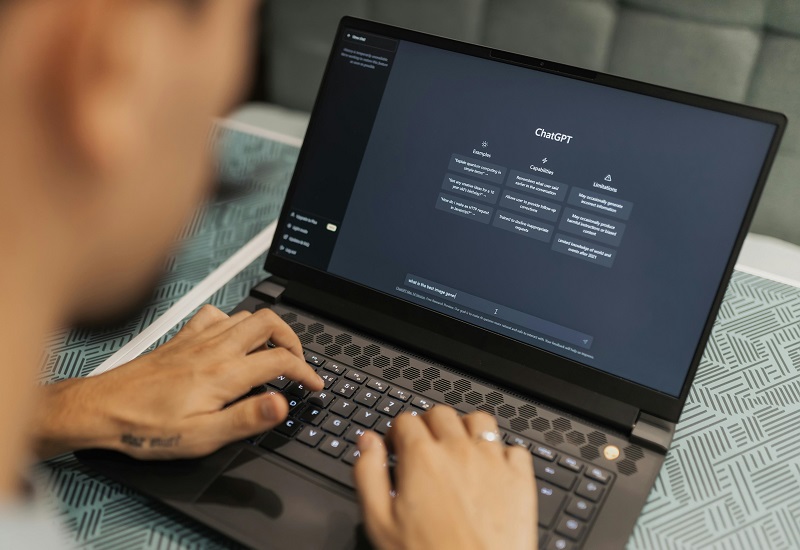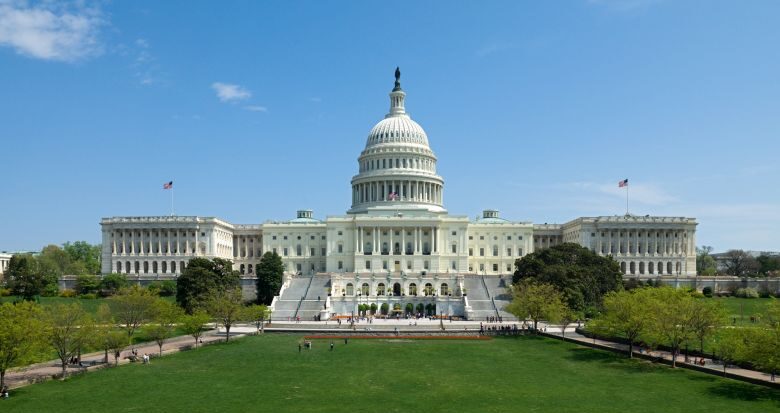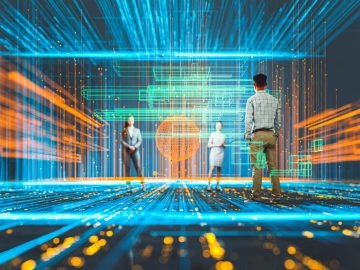Since the year 2024 creating AI (Artificial Intelligence) art on a budget is entirely possible with the right equipment’s and techniques. By leveraging free and low-cost software, affordable hardware, and open-source models, you can create stunning artwork without breaking the bank. Additionally, utilizing free resources, joining online communities, and experimenting with different approaches can help you refine your skills and expand your creative horizons. Embrace the possibilities of AI art, and let your creativity flourish, regardless of your budget constraints.
Understanding AI Art:
What is AI Art?
AI art refers to artwork created with the assistance of artificial intelligence. Using algorithms and machine learning models, artists can generate unique pieces, transform existing art, and experiment with new styles. The results can be as varied as traditional art forms, from abstract paintings to realistic portraits.
The Appeal of AI Art:
AI art offers several advantages. It allows for experimentation with different styles and techniques that might be difficult to achieve manually. It also enables rapid iteration, providing artists with immediate feedback and the ability to refine their work quickly. For those on a budget, AI art can be a cost-effective way to explore new creative avenues without the need for expensive materials or extensive training.
Budget-Friendly AI Art Tools:
Free and Low-Cost Software:
Several free and low-cost software options are available for creating AI art. These tools provide powerful features without the high price tag of professional-grade software.
DeepArt.io:
DeepArt.io uses neural networks to apply artistic styles to images. The platform offers a free version that allows users to create art with basic features. For more advanced options, a premium subscription is available at a reasonable price.
Runway ML:
Runway ML is a versatile platform offering various AI models for art creation. It provides a free tier with access to essential features, making it an excellent choice for budget-conscious artists. Paid plans are also available for those who need additional capabilities.
Artbreeder:
Artbreeder allows users to create and explore new images by blending different artworks. It uses Generative Adversarial Networks (GANs) to generate high-quality visuals. The platform offers a free version with limited features, and a subscription model for advanced options.
Google DeepDream:
Google DeepDream is a free tool that uses neural networks to enhance patterns in images, creating dream-like visuals. While it may not have all the bells and whistles of more expensive software, it is a great starting point for artists exploring AI art.
Affordable Hardware:
Creating AI art doesn’t necessarily require high-end hardware. Here are some affordable options to get you started:
Entry-Level Laptops:
Many entry-level laptops are capable of running AI art software. Look for laptops with decent RAM (8GB or more) and a mid-range processor (such as an Intel i5 or AMD Ryzen 5). These specs should be sufficient for most AI art applications.
Tablets:
Tablets can be a cost-effective alternative to laptops. Devices like the Apple iPad or Samsung Galaxy Tab offer powerful performance at a fraction of the cost of high-end laptops. They also provide the added benefit of portability, allowing you to create art on the go.
External GPUs:
If you already own a computer but need more processing power, consider investing in an external GPU (eGPU). eGPUs can significantly boost your computer’s performance, enabling it to handle more complex AI art tasks without the need for a complete hardware upgrade.
Techniques for Creating AI Art on a Budget:
Leveraging Open-Source Models:
Open-source AI models are a valuable resource for budget-conscious artists. These models are freely available and can be customized to suit your needs.
StyleGAN:
StyleGAN is an open-source GAN model developed by NVIDIA. It is widely used for generating high-quality images and can be fine-tuned to create unique art. While the model requires some technical knowledge to set up, numerous online tutorials and resources are available to help you get started.
Neural Style Transfer:
Neural Style Transfer is another open-source technique that applies the style of one image to the content of another. Several implementations of this technique are available for free, allowing you to experiment with different styles and effects without any cost.
Utilizing Free Resources:
Many free resources are available to help you create AI art. These include datasets, pre-trained models, and online communities where you can share knowledge and get feedback.
Public Datasets:
Public datasets, such as those provided by Kaggle or Google, can be used to train your AI models. These datasets cover a wide range of subjects, from images of everyday objects to more specialized collections. Using public datasets can save you the cost of purchasing proprietary data.
Pre-Trained Models:
Pre-trained models are AI models that have already been trained on large datasets. These models can be fine-tuned to your specific needs, saving you the time and computational resources required to train a model from scratch. Many pre-trained models are available for free, including those from TensorFlow and PyTorch.
Online Communities:
Online communities, such as Reddit and GitHub, are excellent resources for learning about AI art. These communities often share tutorials, code snippets, and tips for creating art on a budget. Engaging with these communities can provide valuable insights and help you overcome any challenges you may encounter.
Practical Tips for Budget-Friendly AI Art Creation:
Start Simple:
When creating AI art on a budget, it’s essential to start simple. Begin with basic tools and techniques, and gradually build up your skills and resources. This approach allows you to learn the fundamentals without investing a lot of money upfront.
Experiment with Free Trials:
Many paid AI art tools offer free trials. Take advantage of these trials to explore the software’s capabilities and determine if it’s worth the investment. During the trial period, try to complete as many projects as possible to get a feel for the tool’s strengths and weaknesses.
Join Online Courses:
Several online courses and tutorials are available for learning AI art techniques. Platforms like Coursera, Udemy, and YouTube offer free and low-cost courses that can help you develop your skills. Investing time in learning can save you money in the long run by enabling you to create high-quality art with budget-friendly tools.
Collaborate with Others:
Collaborating with other artists can be a cost-effective way to create AI art. By sharing resources and knowledge, you can overcome budget constraints and produce better art. Online communities and local art groups are excellent places to find potential collaborators.
Conclusion:
Making Artificial Intelligence (AI) art in 2024 can seem like an expensive endeavor, with many high-end tools and software available on the market. However, it is possible to create stunning AI art without breaking the bank. This guide will explore budget-friendly tools and techniques that allow artists to produce high-quality AI art without compromising on quality. Whether you’re a beginner or a seasoned artist looking to explore new mediums, these affordable options will help you get started.





